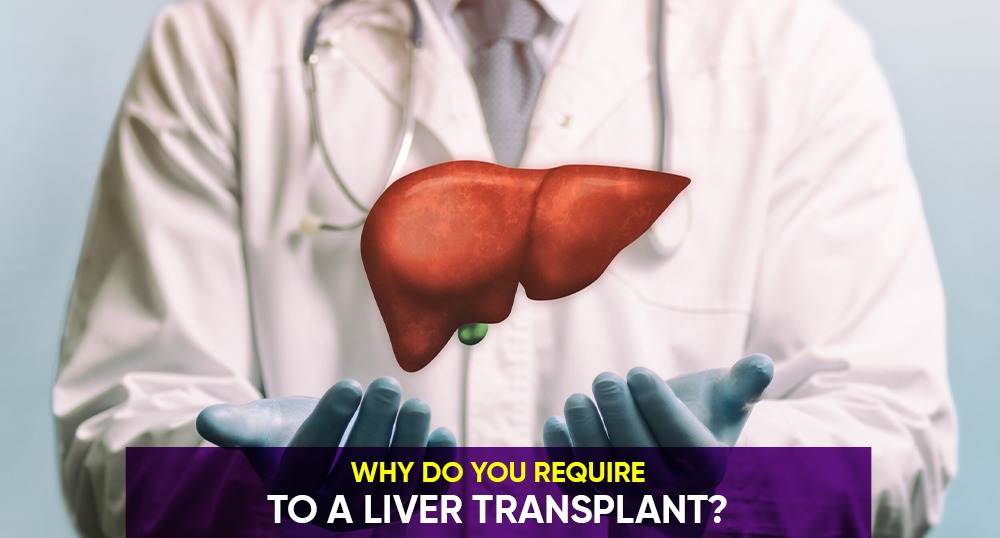
A liver transplant is a surgical procedure in which a damaged or diseased liver is replaced with a healthy liver from a deceased or living donor. The liver is a vital organ that performs several important functions in the body, such as filtering toxins from the blood, producing bile to aid in digestion, and regulating glucose and protein metabolism. When the liver becomes damaged or diseased, it can no longer perform these functions properly, which can lead to serious health complications.
There are many reasons why a person may require a liver transplant. One of the most common causes is cirrhosis, a condition in which the liver becomes scarred and unable to function properly. Cirrhosis can be caused by a variety of factors, including viral hepatitis, alcohol abuse, and nonalcoholic fatty liver disease. Another common reason for a liver transplant is liver cancer, which can spread quickly and is often fatal if not treated.
Other conditions that may require a liver transplant include biliary atresia, a rare condition that affects infants and is characterized by the obstruction of the bile ducts; metabolic disorders, such as glycogen storage disease and Wilson’s disease; and acute liver failure, which can be caused by a variety of factors including viral hepatitis, drug overdose and autoimmune disease.
The decision to undergo a liver transplant is not taken lightly, as it is a major surgery with inherent risks. Patients must meet certain criteria to be considered for a transplant, such as being in good enough health to undergo the procedure, having a strong support system in place, and being willing to make the necessary lifestyle changes to maintain a healthy life after the transplant.
The process of getting a liver transplant typically begins with a referral to a transplant centre. The transplant team will evaluate the patient’s medical history and perform a physical examination to determine if they are a good candidate for the procedure. Patients will also undergo a variety of tests to determine the severity of their liver disease and to identify any underlying conditions that may complicate the transplant.
Once a patient is determined to be a good candidate for a transplant, they are placed on the transplant waiting list. The wait time for a transplant can vary depending on several factors, including the patient’s blood type and the urgency of their condition. A liver transplant is a complex and high-risk procedure. Even if the transplant is successful, patients will need to take immunosuppressant drugs for the rest of their lives to prevent rejection of the new liver.
In conclusion, a liver transplant is a serious procedure that is required when the liver is damaged or diseased to the point where it can no longer perform its functions properly. The most common causes of liver failure requiring a transplant include cirrhosis, liver cancer, biliary atresia, metabolic disorders and acute liver failure. The decision to undergo a transplant is not taken lightly, as it involves significant risks. However, with modern medical treatments and advancements, liver transplantation has become a viable option for many patients with end-stage liver disease and can greatly improve the patient’s quality of life.




